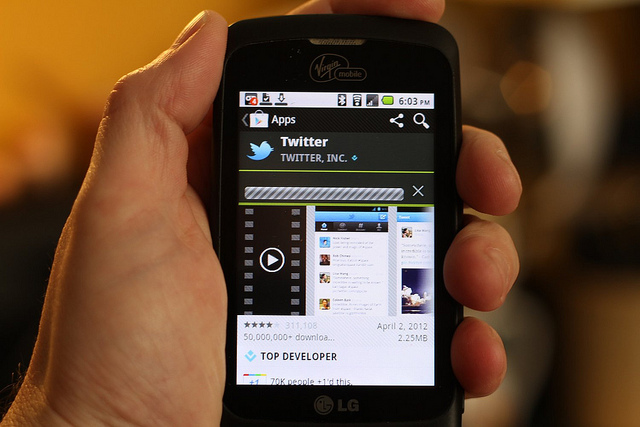Recently in Japan, a rash of stupid incidents have been been occurring. The one that triggered thousands of copycats incidents was reported on a hot day this past summer. A young man posted a picture of himself on his Facebook page, lying in a convenience store ice cream freezer. I thought it was a very bad and mischievous joke, even though it happened on a hot day. The photo went viral in Japan, gaining plenty of attention and being considered by most as quite unsanitary as well as being in poor taste. Inevitably, a legion of mischeivious youths followed suit and proceeded to post a variety of their own similar pictures on their own social networks such as Twitter and Facebook. Now that this style of silly photo can be found on Twitter very easily, the phenomenon has become an object of ridicule, and Twitter itself is beginning to be seen as an “idiot detector” as well as a social network.. How do these silly internet memes catch on? Especially if they benefit nobody? Check this webpage if you’re interested in seeing some of these photos and stories >> http://goo.gl/9tiyCX
Let me focus on one of the boldest examples of photo abuse. One day a popular and handsome actor, Hiroshi Tamaki stopped to pick up some items at a souvenir store and paid with his credit card. Nothing unusual so far, but after the actor left, the female clerk took a picture of his credit card receipt with his signature and a part of his credit card number clearly visible, and sent it to her coworker. This coworker subsequently posted the image on Twitter! Unlike the previously mentioned incident involving the freezer at the convenience store, these souvenir shop employees likely intend no offense. Probably they were just star-struck. Nevertheless they crossed a line and brought to attention a crucial privacy issue. This all occurred at Narita Airport, Japan’s busiest international hub. Most visitors, including celebrities and VIPs from abroad arrive here first. Is this an issue about the company’s poor supervision of the employees?. Or is it an issue of personal responsibility, abuse of instant communication, personal character and the respecting of privacy?
In 2020, we are anticipating the Tokyo Olympics and the thousands of people from around the world who will come visit Japan. It was very disappointing to learn that the staff working at the international gateway to Japan behaved irresponsibly this time. And also I’m very ashamed of (and embarrassed for) those who posted silly pictures taken while at work on their SNS pages. Thankfully, Japan has the reputation with foreign people of being a safe and polite country (it’s true), and I am proud of being Japanese. So, we don’t want visitors to be disappointed because of someone’s careless and immature behavior. Also, I personally don’t want to be disappointed again in the behavior of my fellow citizens. I would say that we Japanese, individually, need to revisit our self-awareness and remind to ourselves of our roles as representatives of Japan.
Reference: Asahi Shimbun Digital
Author: Junko










Recent Comments